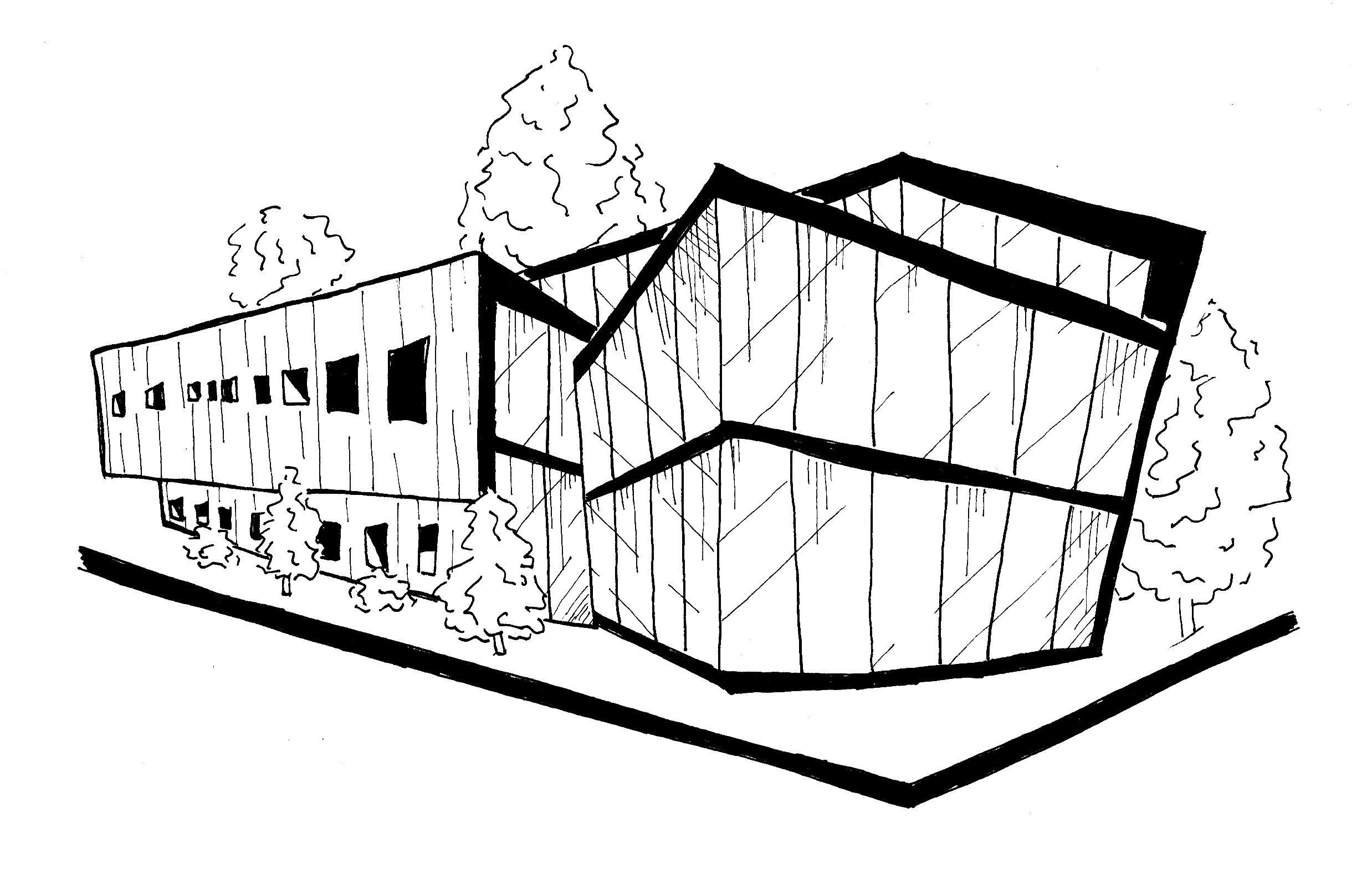Environmental studies and the Roux Center: Where the liberal arts converge towards success
October 12, 2018
 This
piece represents the opinion of the author
s.
This
piece represents the opinion of the author
s.
 Caroline Carter
Caroline CarterYesterday, the new Roux Center for the Environment was officially dedicated and opened to the campus community. As current and former directors of the Environmental Studies (ES) program at Bowdoin, we celebrate this important milestone in the College’s longstanding commitment to the interdisciplinary study of the environment.
The timing of the Roux Center opening is propitious. As several prominent scholars wrote in the August issue of the Proceedings of the National Academy of Sciences, addressing climate change requires “a deep integration” of the biogeophysical sciences with knowledge “from the social sciences and humanities.” Put simply, solving environmental problems requires all of the liberal arts. Perhaps no part of Bowdoin is better equipped to meet this challenge than the interdisciplinary ES program which, along with the Earth and Oceanographic Science Department, now calls the Roux Center home.
The ES program has been central to Bowdoin’s position as a leader in the interdisciplinary study of the environment for almost five decades. Launched in 1972, its founders included chemists, visual artists, economists, political scientists and literary scholars. They realized that the complexity of environmental questions defied simple solutions, so they proposed a coordinate major: pairing traditional academic disciplines with an interdisciplinary series of courses. As chemistry professor and former director Sam Butcher recalled, the ES program aims to train nimble experts rather than superficial “environmentologists.”
The ES coordinate major remains unique among liberal arts colleges. It combines disciplinary depth with interdisciplinary breadth. Since its founding, 1,028 Bowdoin students have graduated with coordinate majors. They have combined ES with majors as diverse as anthropology and mathematics, French and physics, gender, sexuality, & women’s studies and religion. As we tell students, there is room for anyone and everyone in the ES program. Graduates have pursued careers in everything from banking and education to medicine and fashion design. Regardless of their post-collegiate path, our alumni have often put the environment at the center of their professional lives.
The faculty and staff who have contributed to the ES program are as equally broad and diverse. Past and present directors identify as biologists, chemists, economists, geologists, historians, philosophers and political scientists. Our formal joint appointments include faculty from the humanities, social sciences and the biogeochemical sciences. We have additional contributing faculty from across campus. At the risk of immodesty, ES is where the entirety of Bowdoin’s liberal arts curriculum converges.
After the ribbon cutting, the real work of the Roux Center begins: to galvanize the interdisciplinary study of the environment at Bowdoin. For the ES program, it will be the continuation of what we have been doing for the past 46 years. We stand ready to build on our record of success in the years ahead.
Sincerely,
Samuel Butcher, Professor of Chemistry Emeritus
Phil Camill, Rusack Professor of Environmental Studies and Earth and Oceanographic Science; Chair, Earth and Oceanographic Science Department, 2018-19
Connie Chiang, Professor of History and Environmental Studies
A. Myrick Freeman III, William D. Shipman Research Professor of Economics Emeritus
DeWitt John, Thomas F. Shannon Distinguished Lecturer in Environmental Studies Emeritus
Matthew Klingle, Associate Professor of History and Environmental Studies; Director, Environmental Studies Program, 2018-19
Edward Laine, Associate Professor of Earth and Oceanographic Science Emeritus
John Lichter, Professor of Biology and Environmental Studies Emeritus
Lawrence Simon, Associate Professor of Philosophy and Environmental Studies Emeritus
David Vail, Adams-Catlin Professor of Economics Emeritus

Comments
Before submitting a comment, please review our comment policy. Some key points from the policy: